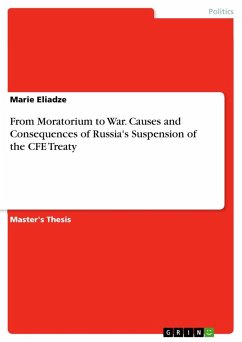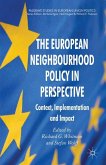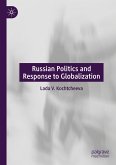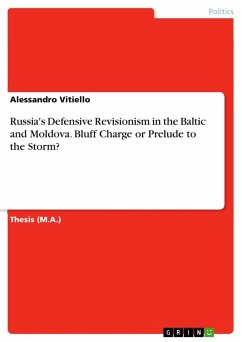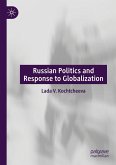Master's Thesis from the year 2009 in the subject Politics - Region: Eastern Europe, grade: A, , course: International Relations, language: English, abstract: The research topic focuses on the concept of European security. With this respect, the Treaty on Conventional Armed Forces in Europe (CFE) is featured as a starting point of 90-ies, 20th century, when security arrangements required to enforce permanent control on conventional weaponry in Europe. Even though the reality today actually differs from the political processes of 90-ies, the fact remains that CFE is considered as a cornerstone of European security. The core idea is to find a linkage between the moratorium on treaty provisions in 2007 by the signatory party - the Russian Federation - and the consequences that led to the Russian war on the territory of Georgia. Considering the earlier arrangements at the wake of the century, when CFE orchestrated a breakthrough in negotiations to withdraw Russian military bases out of Georgia, it is interesting to focus on the nature of leverage through which the West exercised power to engage Russia into political processes before the moratorium on CFE. The research dimension does not link the moratorium directly with the occupation of Georgia; rather through its emphasis on necessary argumentation, it rationalizes developments after the moratorium, which led the crisis situation in Georgia's zone of conflict to escalate into armed conflict. Based on hypothetical probability, the discussion basically weighs up the cause and effect relationship between the moratorium and the war. This supports the line of the research to analyze risks that may possibly erode the European security architecture.

